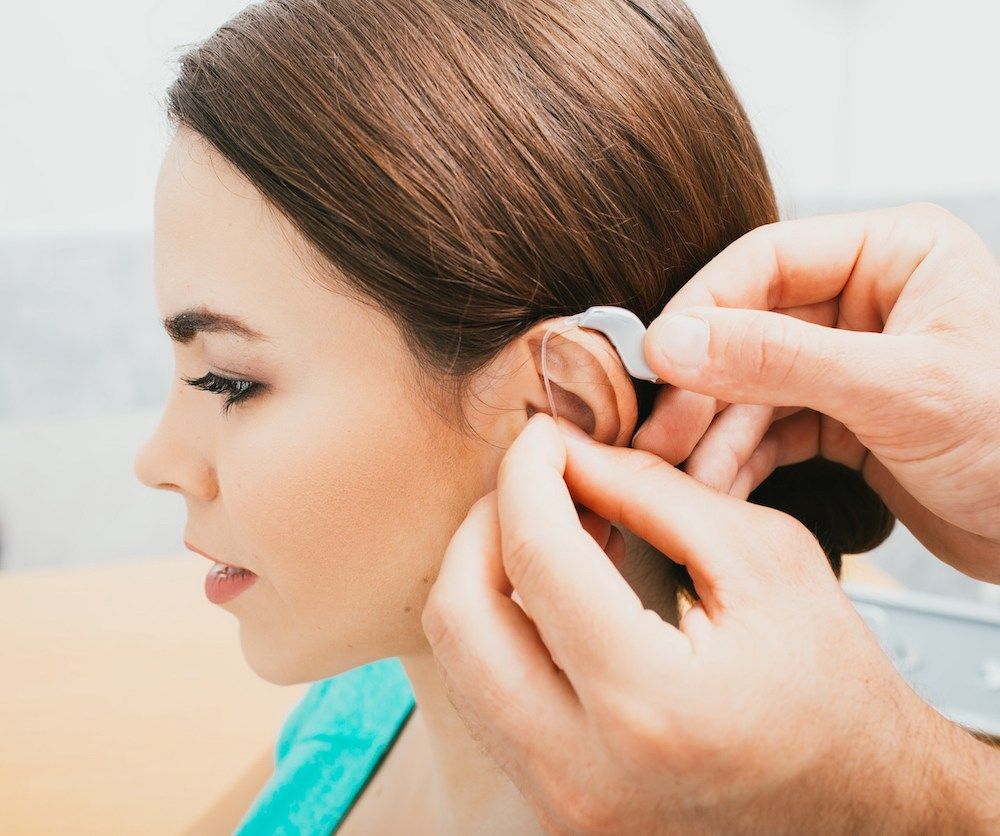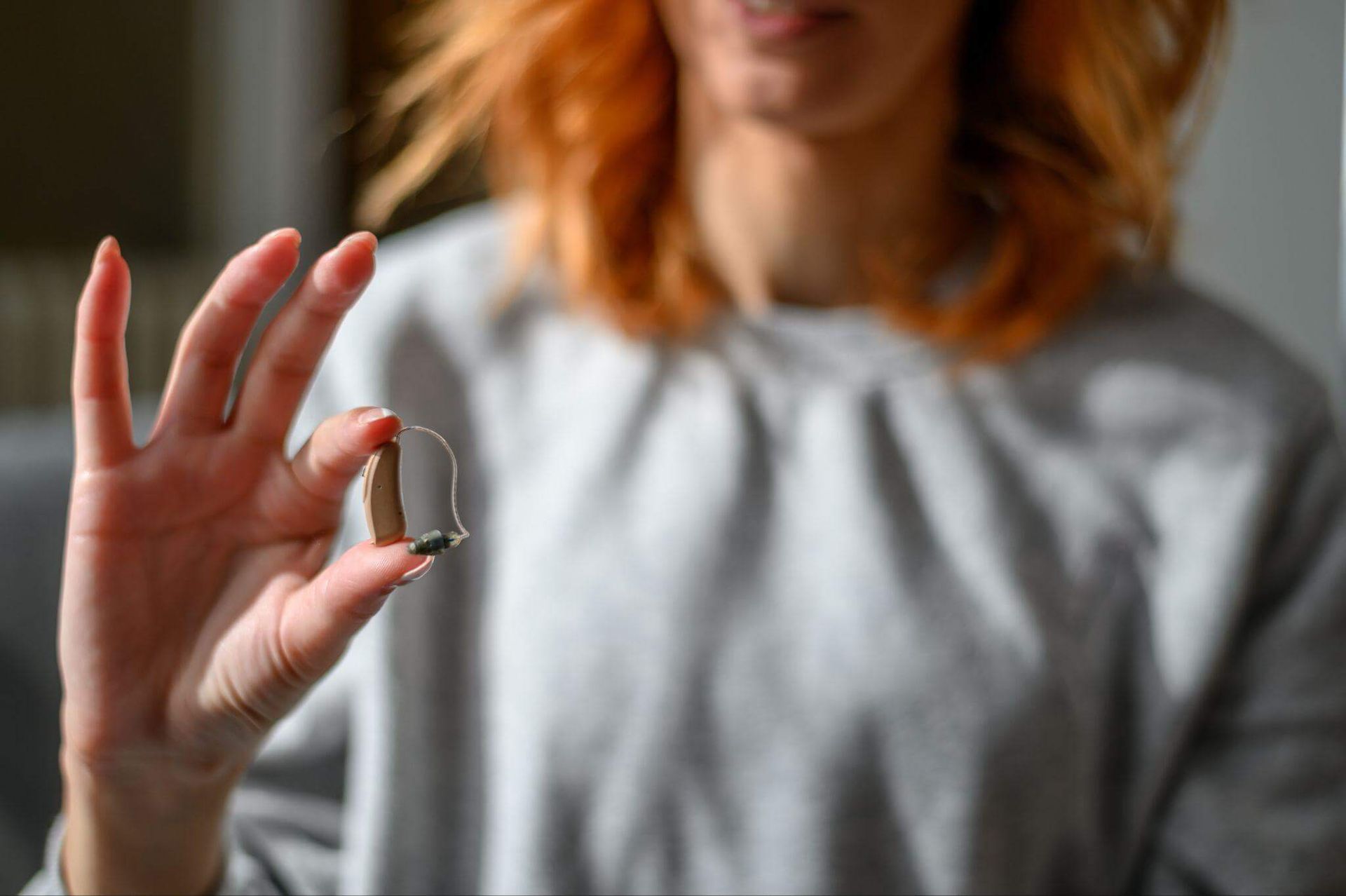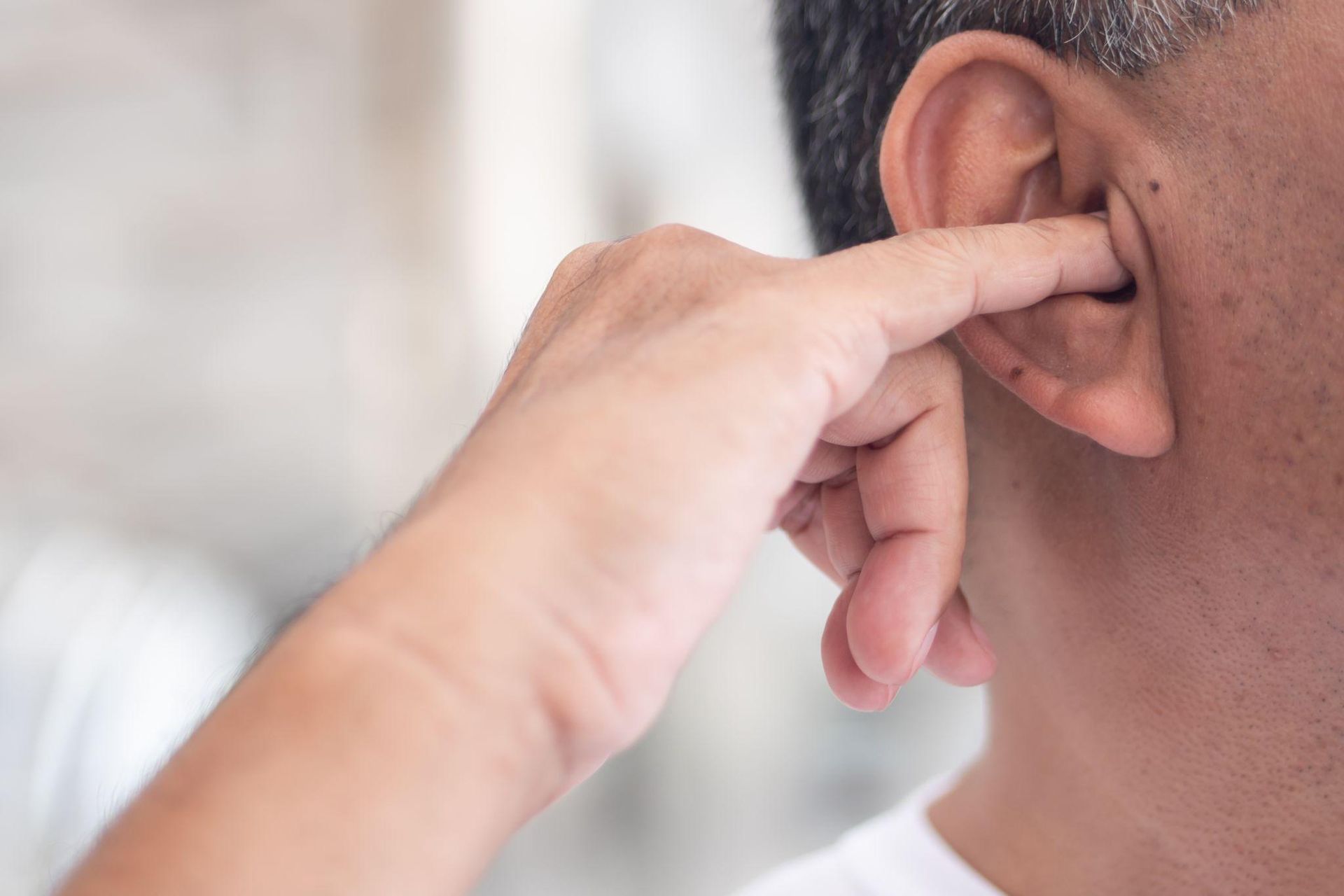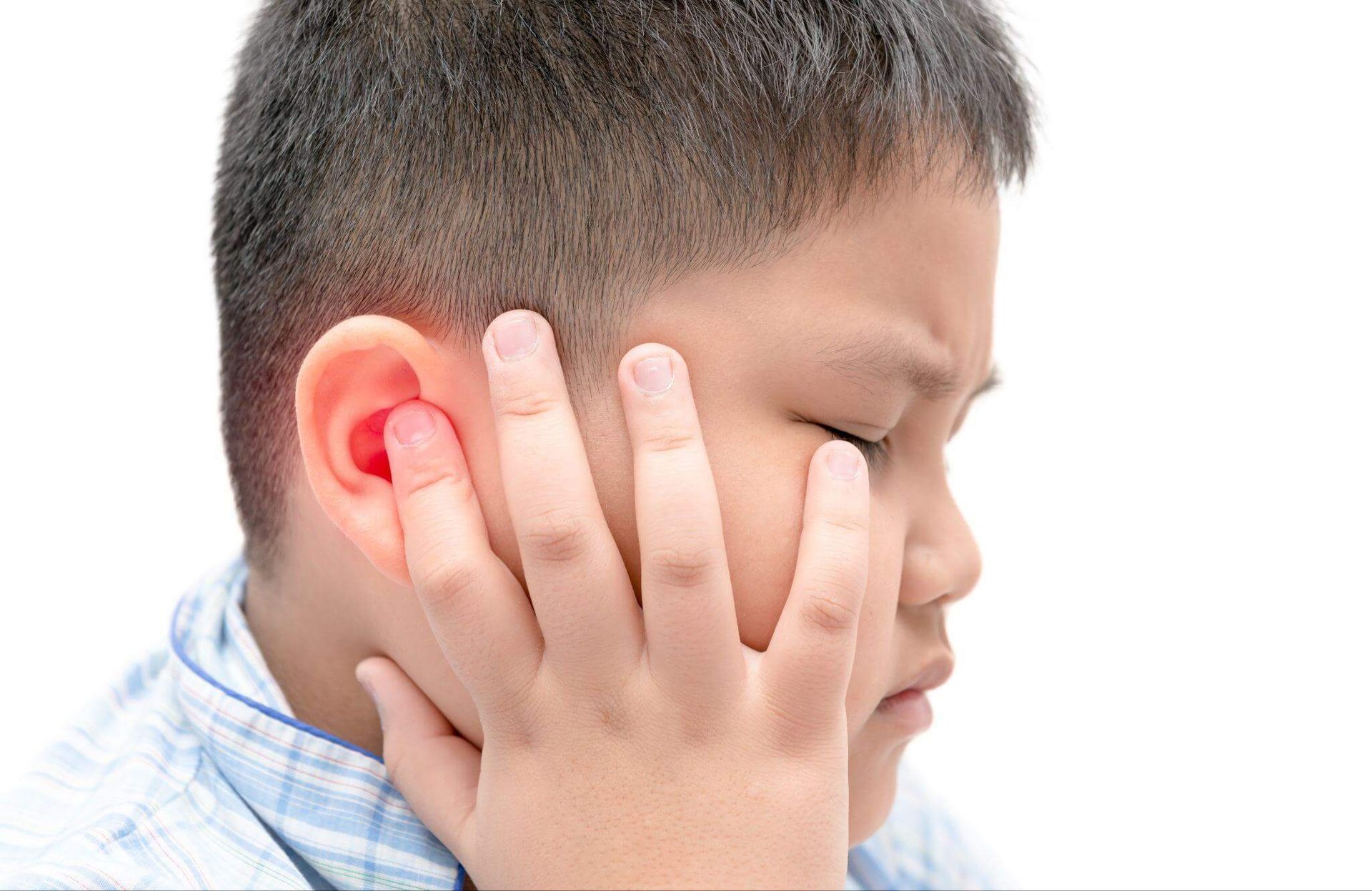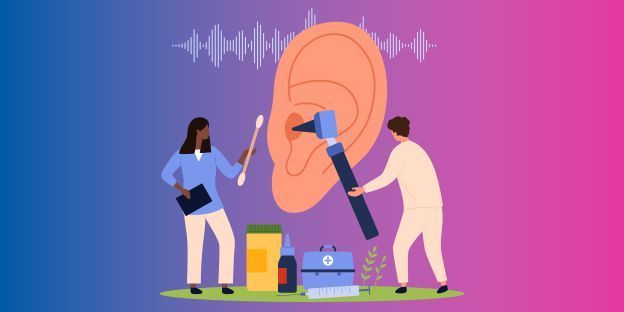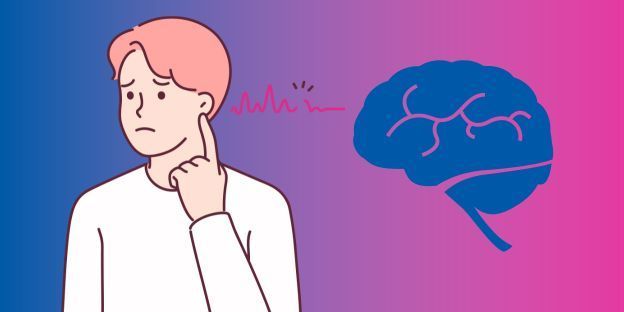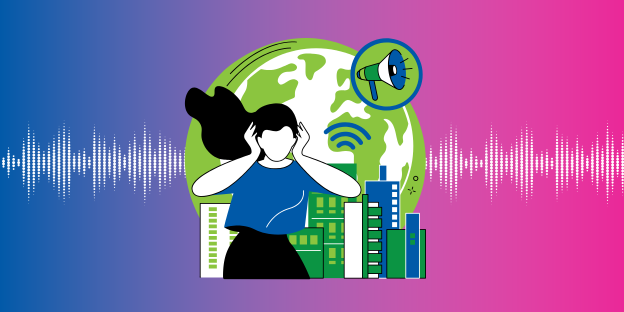8 Celebrities Living with Hearing Loss | Discover Hearing
8 Celebrities Living with Hearing Loss: Breaking the Stigma and Raising Awareness
Hearing loss can affect people of all ages and backgrounds. It doesn’t matter if you’re a rising star, a world-class athlete, or an award-winning performer; hearing challenges don’t discriminate. And in recent years, more and more public figures have begun to speak openly about their experiences with hearing loss.
These conversations are important. They help break down stigma and normalize the use of hearing aids and other hearing solutions. At Discover Hearing, we believe that stories like these encourage others to take hearing health seriously and show that with the right support, including a trusted registered audiologist, you can continue living life to the fullest.
Here are 8 celebrities who have publicly shared their experiences with hearing loss and continue to thrive in their careers.
1. Millie Bobby Brown

Best known for her breakout role in Stranger Things, Millie Bobby Brown was born with partial hearing loss in one ear. Eventually, she lost all hearing on that side. Despite this, she has pursued a career that involves both acting and singing. Her story proves that hearing loss doesn’t need to limit creative ambition or success.
2. Stephen Colbert

Late-night host and comedian Stephen Colbert has been deaf in his right ear since he was a child, due to a medical issue. While it hasn’t affected his comedic timing, it’s a reminder that not all hearing loss is visible, and many people adapt quietly. Colbert’s long career in media is a testament to how hearing loss can be managed with confidence.
3. Whoopi Goldberg
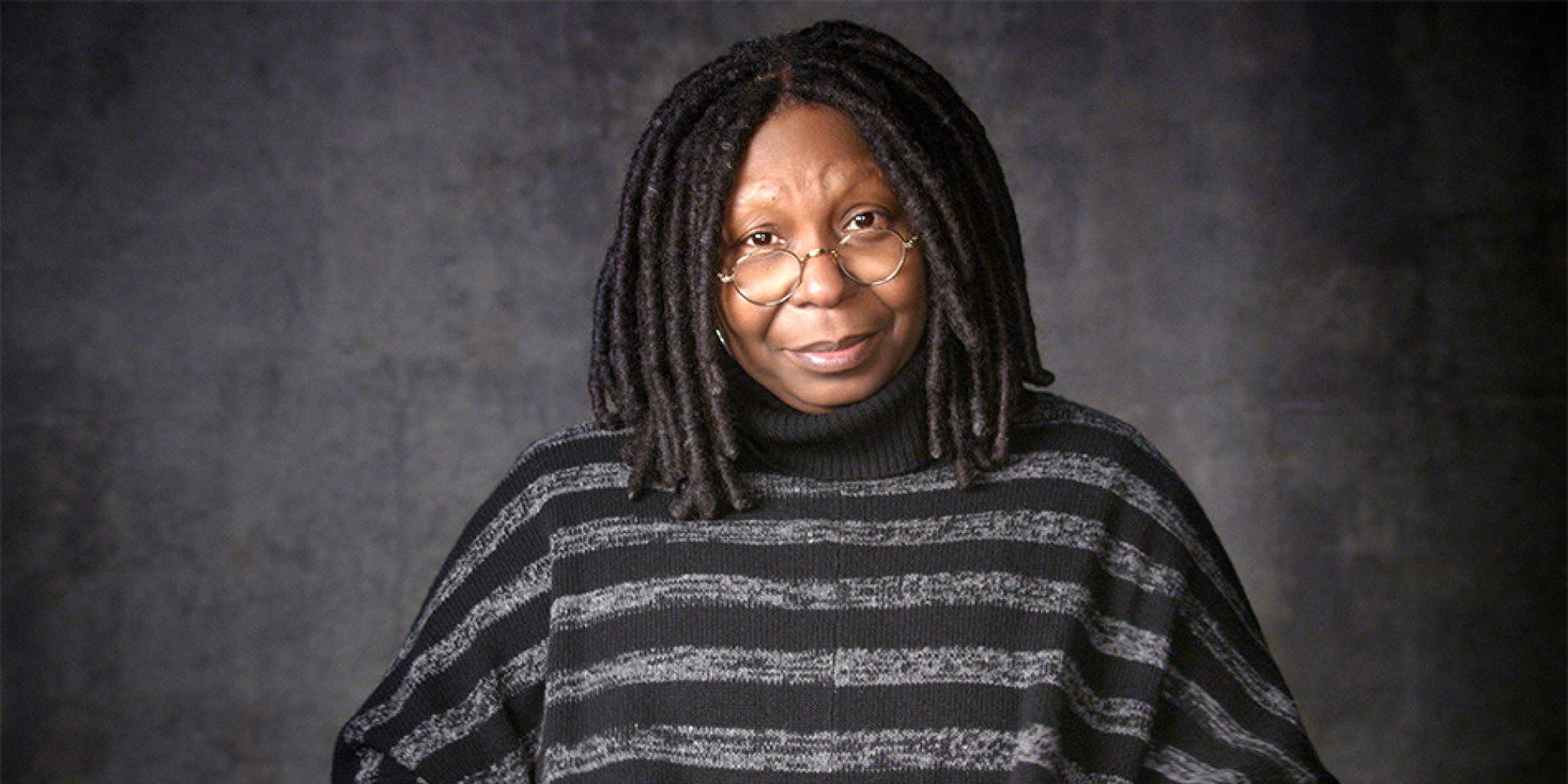
Whoopi Goldberg has been open about using hearing aids. She attributes her hearing loss to years of listening to loud music through headphones. Now, she encourages others to protect their hearing and regularly speaks about the benefits of modern hearing aids, especially for those who want to stay connected and engaged.
4. Rob Lowe
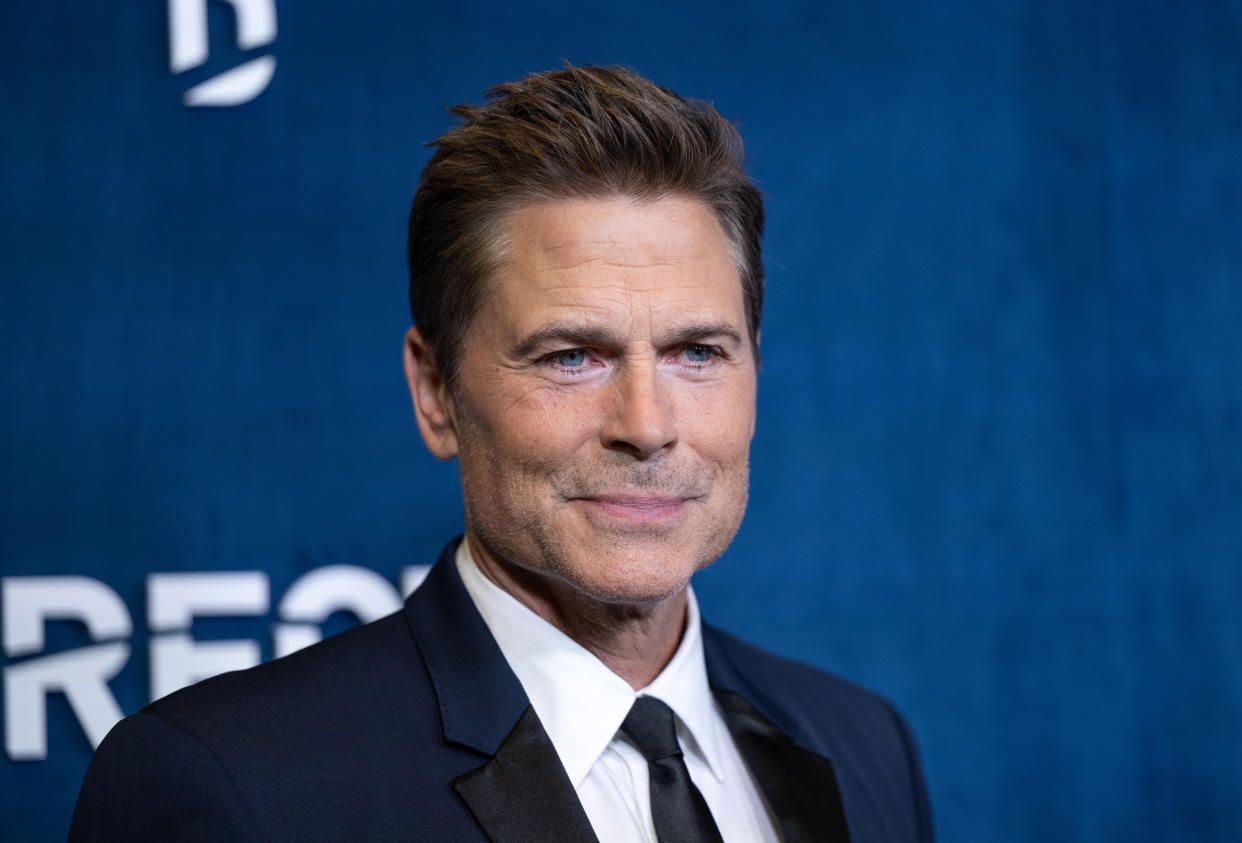
Rob Lowe has lived with single-sided deafness since infancy. Despite this, he’s enjoyed a long and successful acting career spanning several decades. His openness about hearing loss encourages others to be proactive by speaking with a professional to receive an audio evaluation and treatment, if something doesn’t feel right.
5. Jodie Foster

Jodie Foster has spoken publicly about wearing hearing aids and managing hearing loss. Her story reminds us that hearing devices are tools, not weaknesses, and that staying connected through better hearing can be a smart, empowering choice.
6. Derrick Coleman
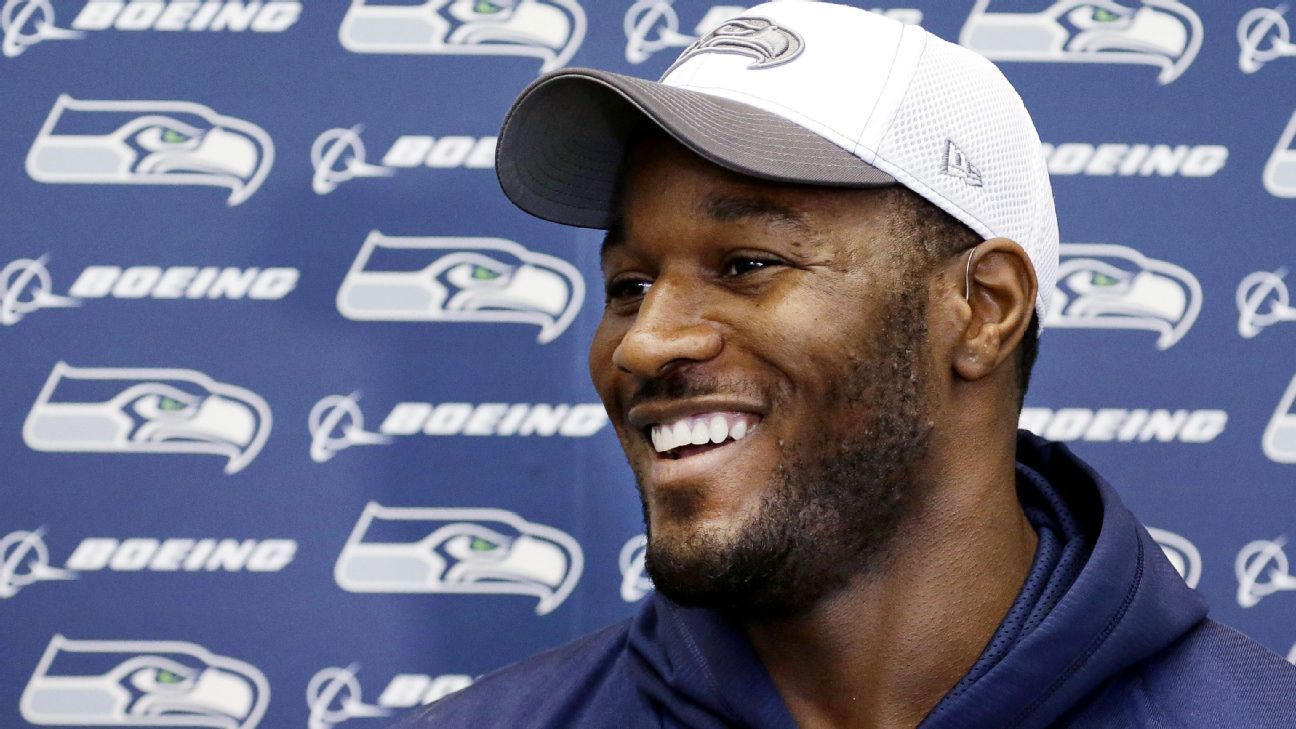
NFL player Derrick Coleman made history as the league’s first legally deaf offensive player. He uses hearing aids and lip-reading to communicate with teammates. His success on the field has made him a role model for athletes and youth with hearing challenges, showing that determination and the right support can make all the difference.
7. Pete Townshend

Legendary guitarist Pete Townshend of The Who has lived with hearing loss and tinnitus for decades, largely due to prolonged exposure to loud music. He now advocates for hearing conservation and encourages musicians and fans alike to wear ear protection. He also uses custom hearing aids to manage his condition.
8. Halle Berry

Academy Award-winning actress Halle Berry has partial hearing loss in one ear. Though she doesn’t often speak about it in detail, she has addressed the importance of resilience and health advocacy, especially when facing challenges that others may not immediately see.
Why These Stories Matter
These celebrities remind us that hearing loss is nothing to be ashamed of, and that support is available. Many of them use hearing aids, consult audiologists, and continue working in industries that rely heavily on communication. Their openness helps reduce stigma and sends a powerful message: hearing health is part of overall wellness, and managing hearing loss starts with awareness and action.
If you’ve been putting off a hearing test or are unsure whether hearing aids are right for you, their stories offer a strong reminder that getting help is a smart, empowering choice, not a sign of weakness.
Take the First Step Toward Better Hearing
You don’t need to be a celebrity to prioritize your hearing. If you’ve noticed changes in how you hear conversations, struggle with background noise, or simply haven’t had a recent hearing evaluation, now is the time to take action.
Book an appointment with a registered audiologist at Discover Hearing and take the first step toward better hearing and a better quality of life.

